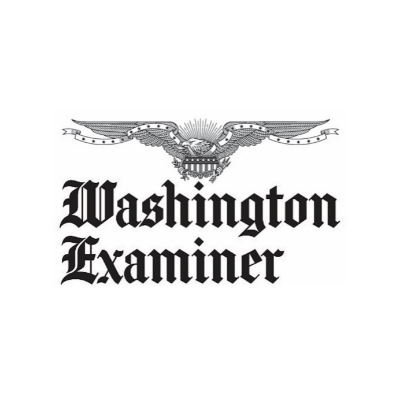 Washington Examiner Article Rating
Washington Examiner Article RatingTehran views the rise of the Taliban with both glee and suspicion
- Bias Rating
100% Very Conservative
- Reliability
N/AN/A
- Policy Leaning
100% Very Conservative
- Politician Portrayal
-64% Negative
Continue For Free
Create your free account to see the in-depth bias analytics and more.
Continue
Continue
By creating an account, you agree to our Terms and Privacy Policy, and subscribe to email updates. Already a member: Log inBias Score Analysis
The A.I. bias rating includes policy and politician portrayal leanings based on the author’s tone found in the article using machine learning. Bias scores are on a scale of -100% to 100% with higher negative scores being more liberal and higher positive scores being more conservative, and 0% being neutral.
Sentiments
N/A
- Liberal
- Conservative
| Sentence | Sentiment | Bias |
|---|---|---|
Unlock this feature by upgrading to the Pro plan. | ||
Reliability Score Analysis
Policy Leaning Analysis
Politician Portrayal Analysis
Bias Meter
Extremely
Liberal
Very
Liberal
Moderately
Liberal
Somewhat Liberal
Center
Somewhat Conservative
Moderately
Conservative
Very
Conservative
Extremely
Conservative
-100%
Liberal
100%
Conservative

Contributing sentiments towards policy:
53% : Therefore, securing water from the Helmand River remains a major priority for the Islamic Republic -- and Tehran is willing to play hardball to ensure it.51% : Navid Mohebbi (@navidmohebbi ) is a policy fellow at the National Union for Democracy in Iran.
45% : Tehran can also pressure the Taliban and counter its regional influence through the Fatemiyoun Brigades, a proxy militia consisting of thousands of Afghan Shiite militiamen trained by Iran's Islamic Revolutionary Guards Corps, who were battle-tested in Syria and Iraq.
44% : Tehran also views Pakistan, Qatar, and Turkey as rivals and will be alarmed by the Taliban's embrace of them.
44% : To pressure the Taliban to respect its interests, Tehran may provide funding and arms to the National Resistance Front of Afghanistan, led by Ahmad Massoud, who represents many Tajiks fighting against the Taliban in the Panjshir valley -- assuming Massoud can survive long enough to receive Iranian aid.
41% : Historically, Tehran has had, owing to shifting circumstances, antagonistic and friendly relations with the Taliban.
41% : To be sure, Tehran professed friendship but built its own separate network of religious and political influence in Afghanistan, armed and funded Taliban insurgents, and sought to undermine the Afghan government's control of the Helmand River, which Tehran views as a growing strategic interest given its own severe water shortages.
41% : Iran could try to send them to Afghanistan to fight against the Taliban.
38% : Kabul's close cooperation with the West and Tehran's hostility toward Europe and America meant that Iran and Afghanistan could never develop much trust.
38% : Many Afghans believe that the Taliban's repeated attacks on the dam in recent years, resulting in the deaths of security personnel, have been at the order of the regime in Iran.
34% : The regime in Iran initially welcomed the triumph of the Taliban over the central government in Kabul, celebrating the humiliation of the U.S., their common foe.
34% : Water shortages have led to widespread protests in Iran and will continue to be a major cause of instability for the clerical regime.
34% : Afghan authorities have accused Iran of bribing Afghan officials to delay the construction of the Helmand River's Kamal Khan dam, which would impede the flow of water to Iran.
29% : A Taliban commander in 2011 claimed that Iran offered him $50,000 to blow up the dam.
*Our bias meter rating uses data science including sentiment analysis, machine learning and our proprietary algorithm for determining biases in news articles. Bias scores are on a scale of -100% to 100% with higher negative scores being more liberal and higher positive scores being more conservative, and 0% being neutral. The rating is an independent analysis and is not affiliated nor sponsored by the news source or any other organization.





















